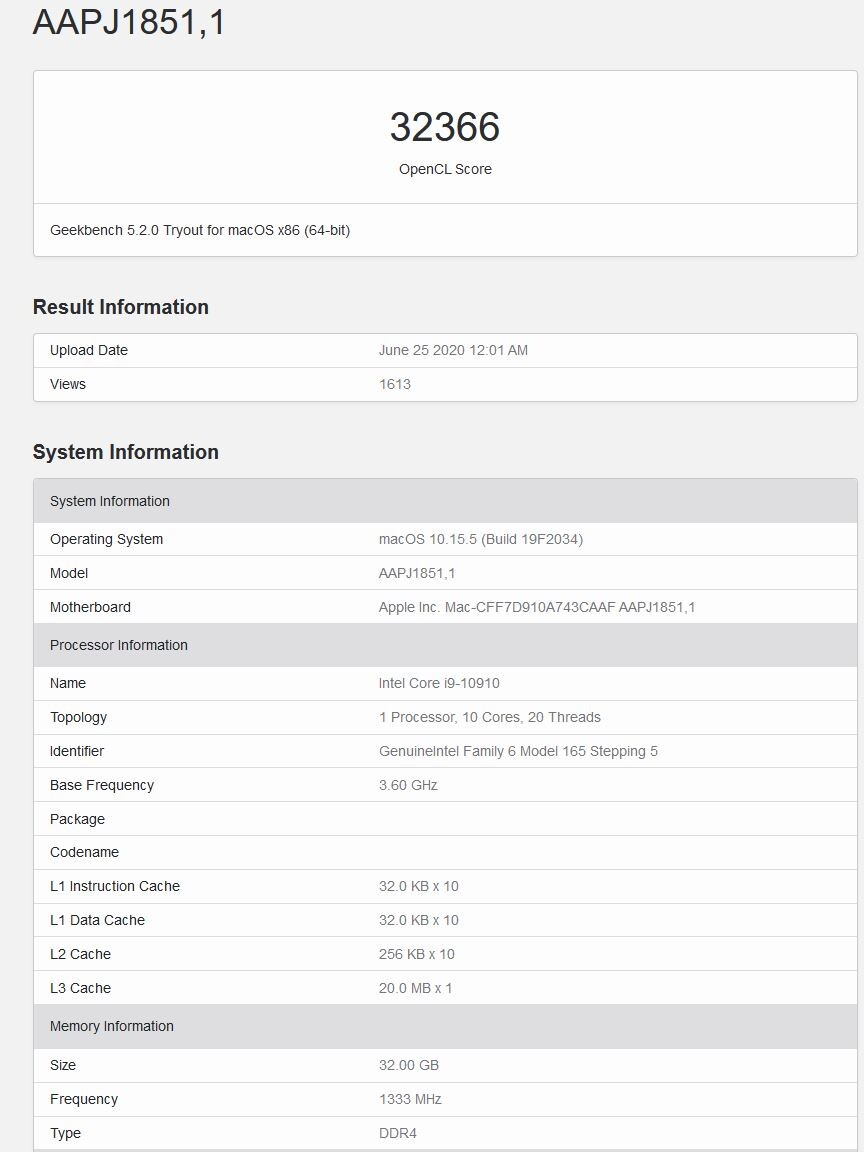- Jul 28, 2019
- 470
- 230
- 76
There is a first rumor about Intel replacement in Apple products:
Source Coreteks:
- ARM based high-end CPU
- 8 cores, no SMT
- IPC +30% over Cortex A77
- desktop performance (Core i7/Ryzen R7) with much lower power consumption
- introduction with new gen MacBook Air in mid 2020 (considering also MacBook PRO and iMac)
- massive AI accelerator
Source Coreteks:







